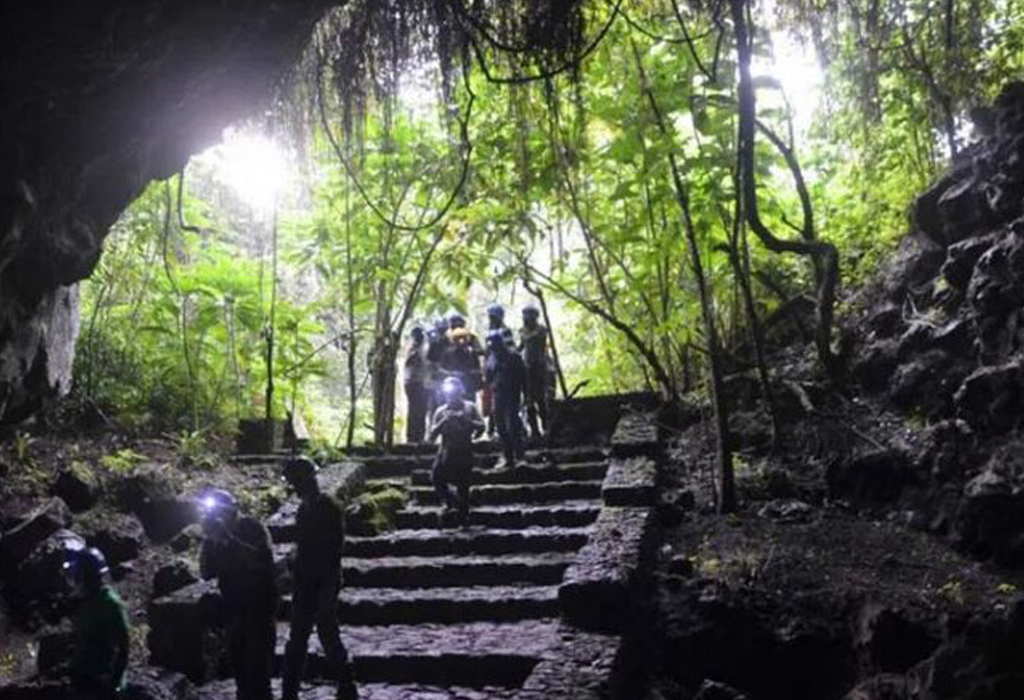
Is a Road Trip Safari the Same as a Guided Safari?
Is a Road Trip Safari the Same as a Guided Safari?
When planning a safari, many travelers wonder whether a road trip safari is the same as a guided safari. The short answer is: it depends on how you look at it. Both types of safaris offer the opportunity to explore wildlife-rich destinations, yet they differ significantly in terms of structure, experience, and logistics. In this article, we will explore both options in detail, highlighting their similarities and differences so you can make an informed choice that suits your preferences and travel style.
A road trip safari is essentially a self-drive adventure. You rent a safari vehicle and navigate from your starting point to national parks, game reserves, or other safari destinations. The beauty of this type of safari lies in the freedom it offers. You have complete control over your itinerary: you can stop whenever you like, spend as much time as you wish at each location, and make detours to explore unexpected sights along the way. Your schedule is flexible, allowing you to enjoy scenic drives, small villages, or hidden viewpoints without worrying about keeping to a strict timetable.
However, with this freedom comes responsibility. On a road trip safari, you are in charge of everything from navigation and route planning to accommodation, meals, and safari activities. Most road trip safaris are not pre-booked due to their flexible nature, which allows you to adapt your plans on the fly. While some travelers consider road trip safaris to be budget-friendly, costs can vary depending on the number of travelers. Solo travelers may find the expenses high, while larger groups or families can share the cost, making it more manageable. Renting a safari vehicle, paying park entry fees, and covering accommodation and meals independently can add up, but many find the experience well worth the investment.
On the other hand, a guided safari is led by a professional tour guide who also serves as your driver. Guided safaris follow a pre-determined itinerary designed to maximize your time in the safari destination and ensure you visit the best locations for wildlife viewing and cultural experiences. Your guide is trained to provide detailed insights into the local environment, wildlife behavior, and cultural practices, enriching your safari with knowledge that you might otherwise miss.
One of the major advantages of a guided safari is that all logistics are taken care of. Transport, accommodation, meals, and activities are organized by the tour operator, allowing you to focus entirely on enjoying the experience. Guided safaris are ideal for travelers who want a structured experience, prefer expert guidance, or are visiting a region for the first time. Payment is typically handled upfront through the tour operator, which can simplify budgeting and planning.
Key differences between road trip and guided safaris include:
- Expertise and guidance: Guided safaris provide trained guides who offer valuable insights into wildlife, ecosystems, and local culture. Road trip safaris, however, rely on your own knowledge, research, and navigation skills.
- Flexibility: Road trip safaris offer complete freedom to adjust plans on the go, while guided safaris follow a structured itinerary designed by experts.
- Logistics and convenience: On a road trip safari, all planning and arrangements fall on the traveler. Guided safaris relieve you of these responsibilities, allowing for a more relaxed experience.
Despite these differences, both types of safaris provide similar core experiences. You will encounter wildlife, explore stunning landscapes, and have opportunities for activities such as game drives, bush walks, and cultural visits. What differs is the pace, timing, and level of guidance.
The advantages of a road trip safari extend beyond flexibility. Being in control of your journey means you can decide the pace of travel, the destinations you want to explore, and the amount of time you spend in each place. It also allows you to personalize the trip to suit the preferences of your travel companions. For families or groups, road trip safaris provide ample opportunity to bond and enjoy the adventure together. You can stop for spontaneous photo opportunities, take in breathtaking views, and truly immerse yourself in the journey without feeling rushed.
However, road trip safaris come with challenges. Planning and organizing meals, accommodations, and activities can be time-consuming, especially for first-time safari-goers. Long hours of driving can be exhausting, particularly for solo travelers, and navigating unfamiliar terrain requires careful preparation. If the vehicle you hire is not in optimal condition, breakdowns can cause significant delays, although most safari vehicles are well-maintained. Additionally, without expert guidance, you might miss critical wildlife behaviors or fail to find the best viewing locations, reducing the overall richness of the safari experience.
Guided safaris, in contrast, provide a stress-free experience. You can relax and fully immerse yourself in the environment, knowing that your guide has extensive knowledge of the local wildlife, habitats, and cultural sites. Guided safaris ensure that you do not miss key sightings, and the pre-planned itinerary maximizes your time efficiently. Another benefit is that guided safaris often allow for better wildlife viewing because guides know where and when to find specific species, increasing the likelihood of unforgettable encounters.
One consideration for guided safaris is cost. These safaris may be more expensive than self-drive options due to guide fees and the convenience of having all logistics managed. However, many travelers find that the added expertise, safety, and ease of travel justify the expense. On the flip side, guided safaris offer less flexibility. Travelers must follow the itinerary and rely on the guide’s decisions, which means that your experience can be influenced by the guide’s knowledge and style.
Ultimately, choosing between a road trip safari and a guided safari depends on personal preferences, travel style, and priorities. If you enjoy adventure, independence, and making spontaneous decisions, a road trip safari may be ideal. If you value expert guidance, convenience, and a structured experience, a guided safari is likely the better option. Both approaches offer remarkable experiences, with the same core safari activities what changes is the level of control, guidance, and logistical responsibility.
In conclusion, road trip and guided safaris each have unique advantages. A road trip safari provides freedom, flexibility, and the thrill of self-navigation, while a guided safari delivers expert knowledge, convenience, and a carefully crafted itinerary. Whether you choose to take the wheel yourself or follow the lead of a trained guide, either type of safari promises unforgettable encounters with wildlife, breathtaking landscapes, and cultural immersion. Your ultimate choice comes down to what kind of experience you want: one of independent adventure or guided exploration.


